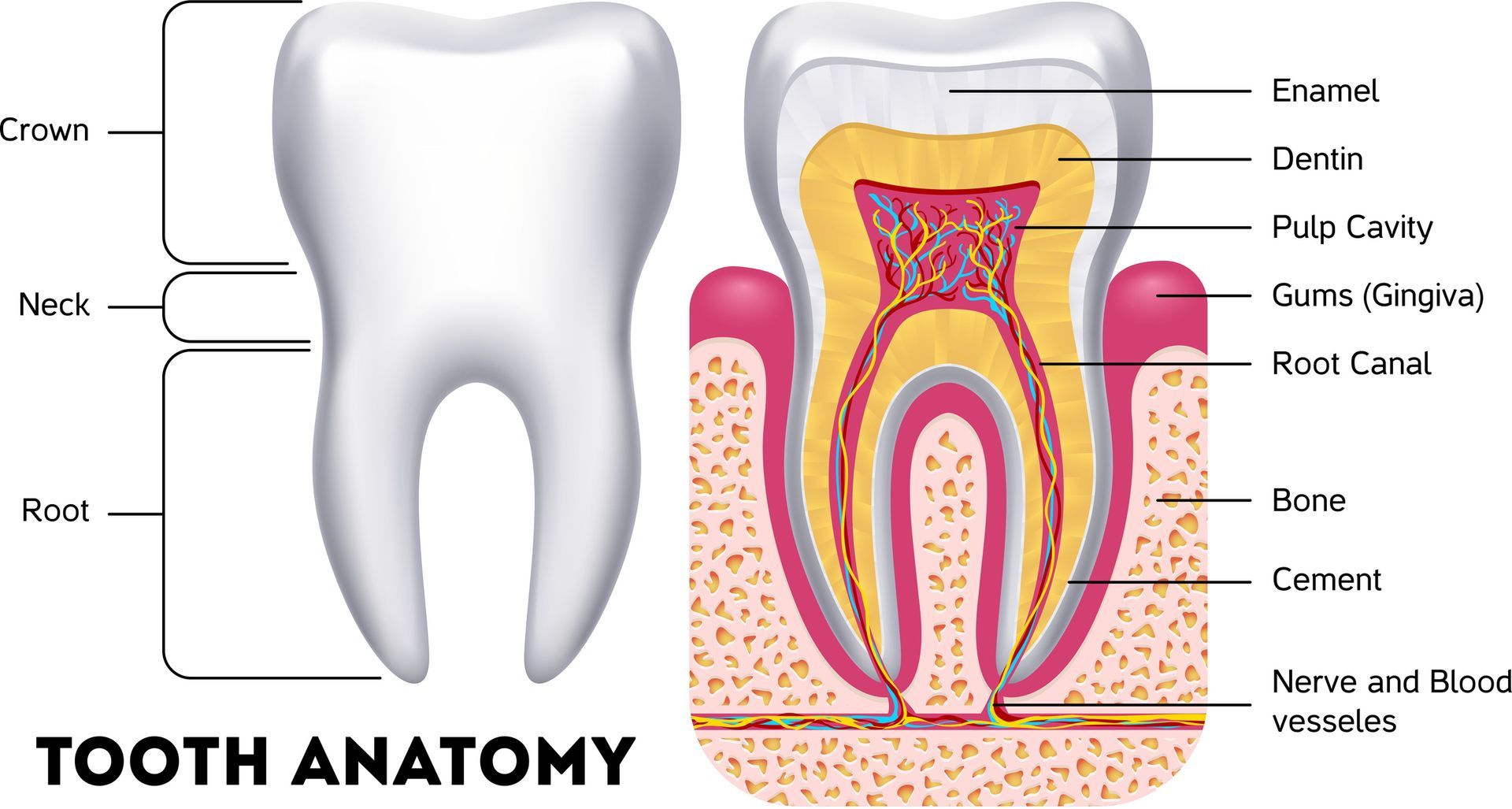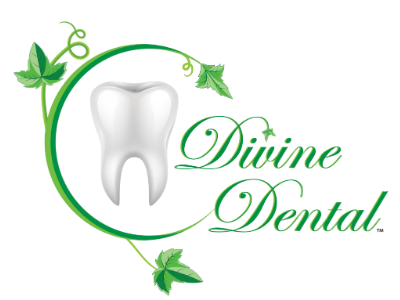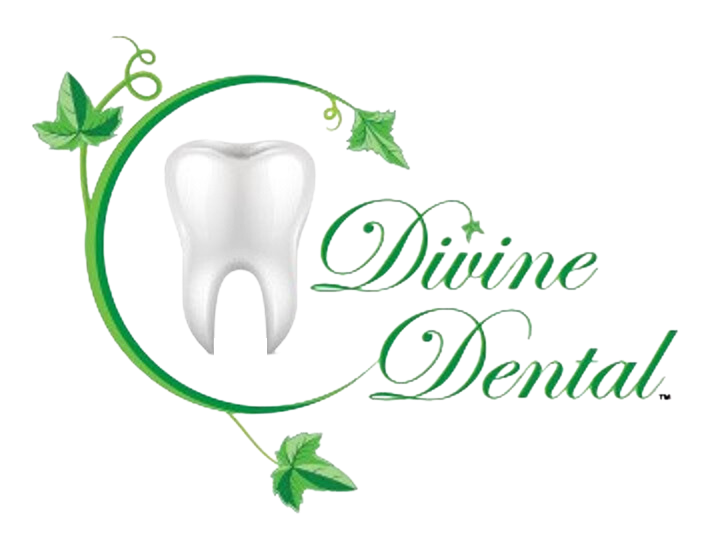Beyond Teeth: Understanding The Crucial Role Of Gums In Your Dental Health
Did you know that your gums play a crucial role in maintaining your overall dental health? Far beyond just supporting your teeth, your gums are an essential component of a healthy mouth and a beautiful smile. Neglecting your gum health can lead to serious dental issues, including gum disease and tooth loss. Furthermore, research has shown that poor gum health can even have an impact on systemic health, increasing the risk of cardiovascular disease and other health complications.
When it comes to dental health, many people focus solely on their teeth and neglect the health of their gums. However, the gums are just as important as the teeth when it comes to maintaining a healthy mouth. While tooth decay primarily affects the enamel of the tooth, gum disease primarily affects the gums and the surrounding bone structure. Without healthy gums, the stability of your teeth can be compromised, potentially leading to tooth loss and other oral health issues.
In addition to providing support for your teeth, your gums also act as a protective barrier against harmful bacteria and plaque buildup. When food particles and plaque are not properly removed through regular brushing and flossing, they can accumulate along the gumline, leading to gum inflammation and eventual gum disease. Regular dental visits and
dental cleanings performed by a dental professional are essential for maintaining optimal gum health and preventing the progression of gum disease.

The Structure and Function of Gums
The gums, also known as the gingiva, are an integral part of the mouth's anatomy. They are the soft tissue that surrounds and protects the teeth and the underlying bone structure.
One of the primary functions of the gums is to support and hold the teeth in place. They provide a seal around the base of each tooth, anchoring them securely in the jawbone. Without healthy gums, the stability of the teeth can be compromised, leading to tooth loss.
The gums also act as a protective barrier, preventing harmful bacteria from reaching the roots of the teeth and causing infections. They provide a natural defense against plaque buildup, which is a sticky film of bacteria that can lead to gum disease.
Maintaining the health of the gums is crucial for overall oral health. Regular brushing and flossing help remove food particles and plaque from the gumline, preventing gum inflammation and the development of gum disease.
Gum Health and Overall Oral Health
Gum health plays a significant role in overall oral health. The gums not only support and hold teeth in place but also act as a protective barrier against harmful bacteria. Ignoring gum health can lead to serious oral health issues, such as gum disease and even tooth loss.
Moreover, the link between gum disease and systemic health issues is gaining more attention. Research has shown that gum disease may contribute to various systemic diseases, including cardiovascular disease, respiratory infections, and even low birth weight in newborns. The presence of gum disease increases the risk of developing these conditions and can complicate existing health conditions.
Regular gum examinations are crucial for maintaining oral health. Dental professionals can assess the health of your gums, identify any signs of gum disease, and provide appropriate treatment options. They can also educate you on proper oral hygiene routines to prevent and manage gum disease.
Common Gum Problems and Their Effects
Gums play a pivotal role in maintaining good oral health. However, many individuals overlook the importance of gum health and focus solely on their teeth. Ignoring gum problems can lead to serious consequences, including tooth loss and systemic health issues.
One of the most common gum problems is gum inflammation and gingivitis. Gingivitis is characterized by red, swollen, and tender gums. If not treated, it can progress to periodontitis, a more severe form of gum disease that can cause the destruction of gum tissue and supporting bone structure, ultimately resulting in tooth loss.
Another issue that can arise from gum disease is gum recession. This occurs when the gum tissue pulls away from the teeth, exposing the tooth roots. Gum recession can lead to tooth sensitivity and an increased risk of dental decay. Additionally, the exposed tooth roots are more prone to damage.
Aside from the direct effects on oral health, gum disease has been linked to systemic health conditions. Research has shown that gum disease may contribute to cardiovascular disease, respiratory infections, and low birth weight in newborns. The presence of gum disease can increase the risk of developing these conditions and complicate existing health issues.
To prevent and manage gum problems, regular dental visits are crucial. Dental professionals can assess the health of your gums and provide appropriate treatment options. They can also educate you on proper oral hygiene routines to prevent gum disease. By prioritizing gum health, you can maintain a healthy smile and reduce the risk of dental and systemic complications.

Treating and Preventing Gum Problems
When it comes to treating and preventing gum problems, professional treatments are essential. Early intervention is key in addressing gum disease and preventing further complications.
One common professional treatment for gum disease is a deep cleaning procedure called scaling and root planing. This process involves removing plaque and tartar buildup from the teeth and smoothing the root surfaces to promote gum reattachment. This procedure helps eliminate harmful bacteria and reduce inflammation in the gums.
In more advanced cases of gum disease, surgical treatments may be necessary. These can include procedures such as gum grafts to cover exposed root surfaces or pocket reduction surgery to eliminate deep pockets in the gums where bacteria can accumulate.
Regular dental check-ups play a crucial role in detecting gum problems early on. Dental professionals can identify signs of gum disease and recommend appropriate treatments. They can also provide guidance on maintaining oral hygiene and preventing future gum issues.
In addition to professional treatments, preventive measures are important in keeping gums healthy. Maintaining a consistent oral hygiene routine, including regular brushing and flossing, helps remove plaque and prevent gum inflammation. Avoiding tobacco use, limiting alcohol consumption, and eating a balanced diet can also contribute to gum health.
By seeking professional treatments and adopting preventive measures, individuals can effectively treat and prevent gum problems, promoting overall oral health and preventing further complications.
Tips for Preventing Gum Problems
When it comes to gum health, prevention is key. By following a few simple tips, you can significantly reduce your risk of developing gum problems and maintain a healthy smile for years to come.
First and foremost, practicing good oral hygiene is crucial. This means brushing your teeth at least twice a day and flossing daily to remove plaque and food particles that can lead to gum inflammation. Regular dental checkups are also essential, as dentists can spot early signs of gum disease and provide appropriate treatments.
In addition to oral hygiene practices, maintaining a balanced diet is important for gum health. Foods rich in vitamins and antioxidants, such as fruits and vegetables, can help strengthen your gums and prevent inflammation. Vitamin C, in particular, plays an important role in collagen production, which helps keep gum tissues healthy.
If you already have gum issues, treatments such as gum grafting, crown lengthening, and gum contouring can help restore gum health. Gum grafting involves taking tissue from another part of your mouth and surgically placing it over exposed tooth roots. Crown lengthening adjusts the gum line to expose more of the tooth surface, while gum contouring reshapes uneven gum tissue for a more aesthetically pleasing smile.
By incorporating these tips into your daily routine and seeking
professional dental care when needed, you can take proactive steps to prevent gum problems and maintain optimal oral health.

In conclusion, it is vital to understand the crucial role of gums in our dental health. Healthy gums are the foundation for a beautiful smile and overall oral hygiene. Neglecting gum health can lead to serious issues such as gum disease, tooth loss, and even systemic health complications. By practicing good oral hygiene habits, maintaining a balanced diet, and seeking appropriate treatments when necessary, we can prioritize gum health and enhance our overall well-being. Let's remember that a healthy smile starts with healthy gums.



